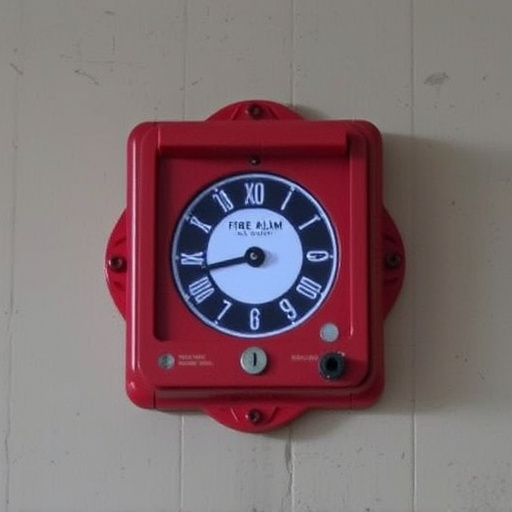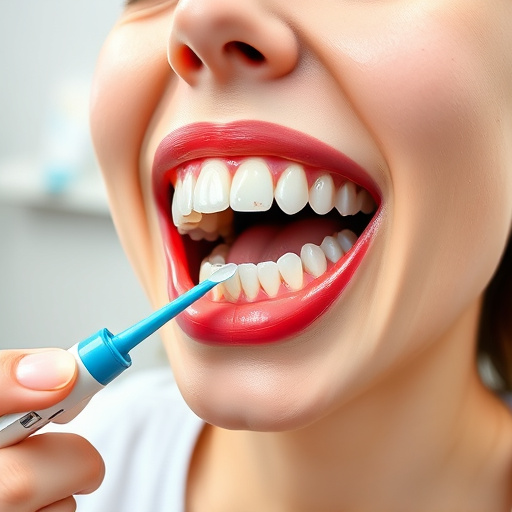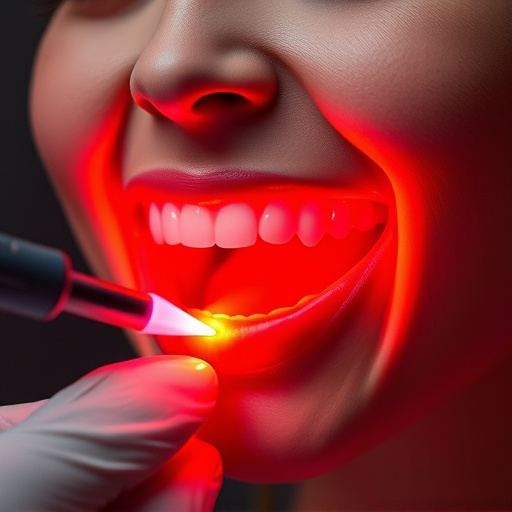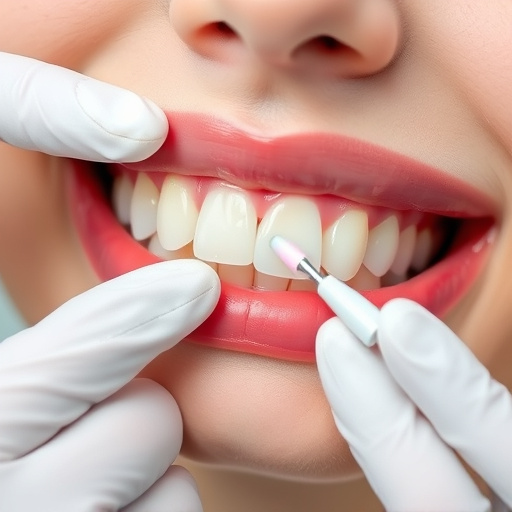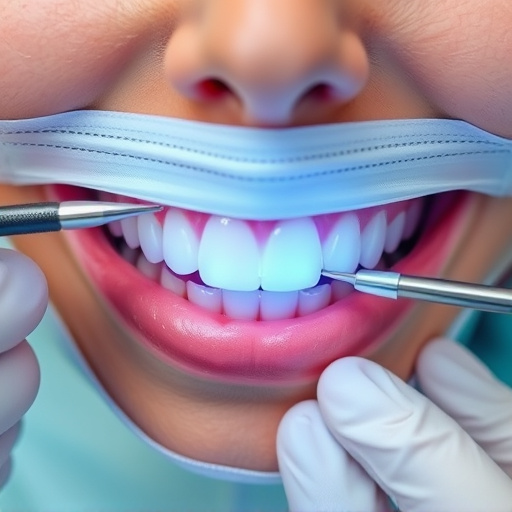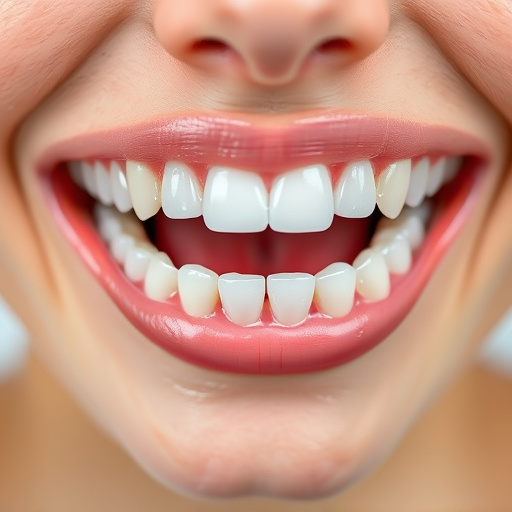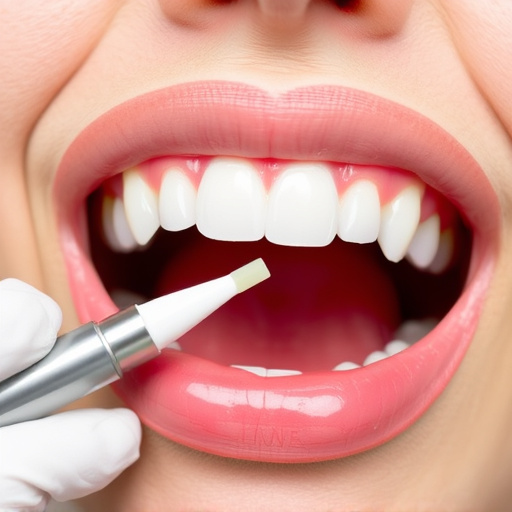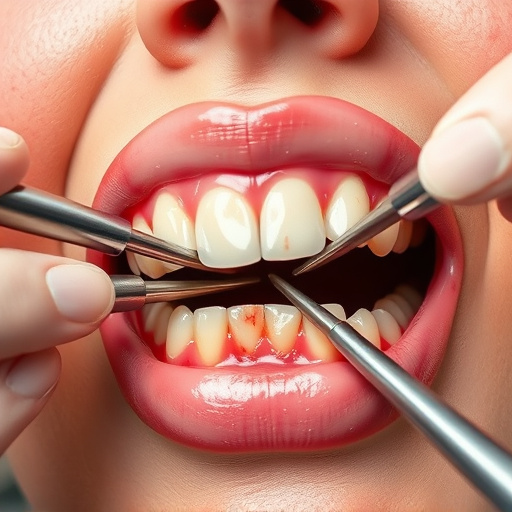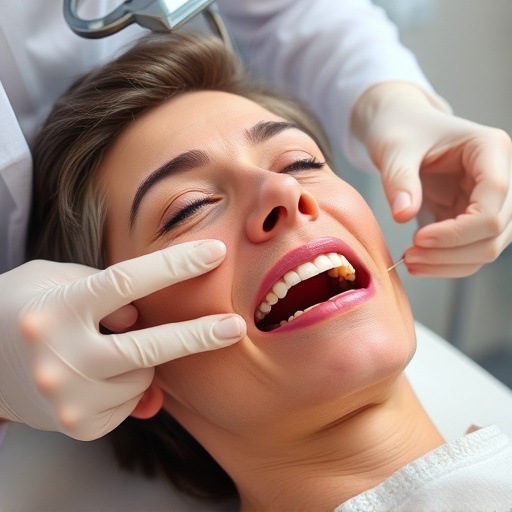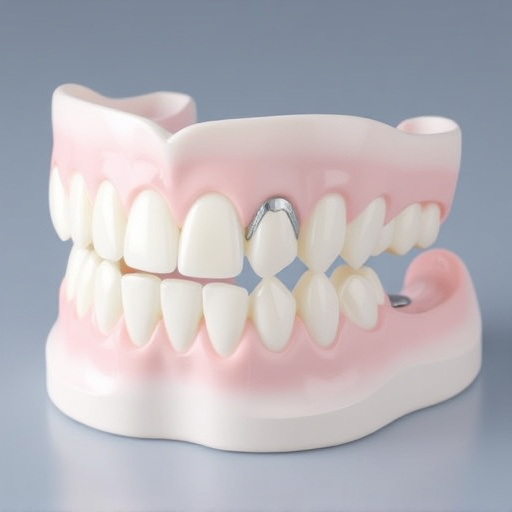An oral health assessment is a vital, often overlooked component of holistic wellness, offering crucial insights into dental health through comprehensive examination of mouth, teeth, gums, and related structures. Regular assessments prevent escalation of issues, saving time and money compared to emergency care. Dentists detect decay, gum disease, and other conditions early, leading to timely treatments like dental fillings. Promoting oral awareness influences better hygiene practices and dietary choices, resulting in healthier smiles and enhanced quality of life.
Comprehensive oral health assessment is a cornerstone of quality dental care, promoting proactive patient well-being. By understanding the intricate components of an evaluation, dentists can uncover more than just tooth decay. This article delves into the significance of assessing oral health, exploring key elements from dental examinations to patient education strategies. We’ll discuss how these integrated approaches build awareness, empower individuals to take charge of their dental care, and ultimately, foster optimal oral health outcomes.
- Understanding the Importance of Oral Health Assessment
- Components of a Comprehensive Dental Evaluation
- Enhancing Awareness through Patient Education and Engagement
Understanding the Importance of Oral Health Assessment

Oral health assessment is an essential component of overall wellness, often overlooked yet profoundly impactful. It involves a thorough examination of the mouth, teeth, gums, and related structures, providing invaluable insights into one’s dental well-being. By understanding the current state of oral health, individuals can proactively address potential issues before they escalate. This preventive approach not only saves time and money in the long run but also significantly reduces the need for invasive procedures like emergency dental care or tooth repair.
Regular oral health assessments enable dentists to detect early signs of decay, gum disease, and other oral conditions. Through these evaluations, dental professionals can recommend appropriate treatments, such as dental fillings, to restore oral function and aesthetics. By fostering a culture of dental awareness, individuals can make informed decisions about their oral hygiene routines and dietary choices, ultimately leading to healthier smiles and improved quality of life.
Components of a Comprehensive Dental Evaluation

A comprehensive oral health assessment involves multiple components that go beyond a simple check-up. This includes a detailed examination of teeth, gums, and related structures. Dentists will assess the overall health of the mouth, looking for signs of decay, gum disease, or any abnormalities. X-rays play a crucial role in this process, providing visual data to detect issues not immediately apparent during a clinical exam. These may include impacted wisdom teeth, dental caries between teeth, or bone loss around tooth roots.
Additionally, the assessment considers oral hygiene practices and patient history. Dentists will gather information about dietary habits, oral care routines, smoking or tobacco use, and any medications taken, as these factors influence overall oral health. This holistic approach ensures that both general dentistry and family dentistry practices can address a range of concerns, from children’s dentistry to addressing specific issues in adults.
Enhancing Awareness through Patient Education and Engagement
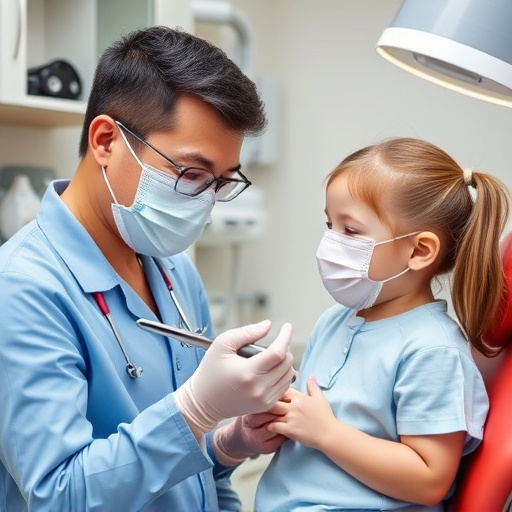
Patient education plays a pivotal role in enhancing oral health awareness, fostering a proactive approach to dental care. Through comprehensive oral health assessments, dental professionals can engage patients by explaining the importance of regular check-ups and preventive measures. Educating folks about daily oral hygiene routines, such as proper brushing and flossing techniques, empowers them to take charge of their dental well-being. This knowledge translates into consistent self-care practices, reducing the need for intensive emergency dental care or tooth repair procedures.
Moreover, engaging patients in discussions about their dietary habits and lifestyle choices can offer valuable insights. For instance, informing patients about the impact of sugar and acid on teeth may encourage them to make healthier food choices. This proactive approach not only prevents common dental issues but also supports overall oral health, potentially reducing future treatments required for tooth repairs or straightening options like clear aligners.
A comprehensive oral health assessment is not just a check-up; it’s a gateway to empowered dental care. By understanding your mouth’s unique needs, from evaluation to education, you can navigate the path to optimal oral hygiene and overall well-being. Embrace the power of awareness – it’s key to maintaining a healthy, vibrant smile for years to come.
